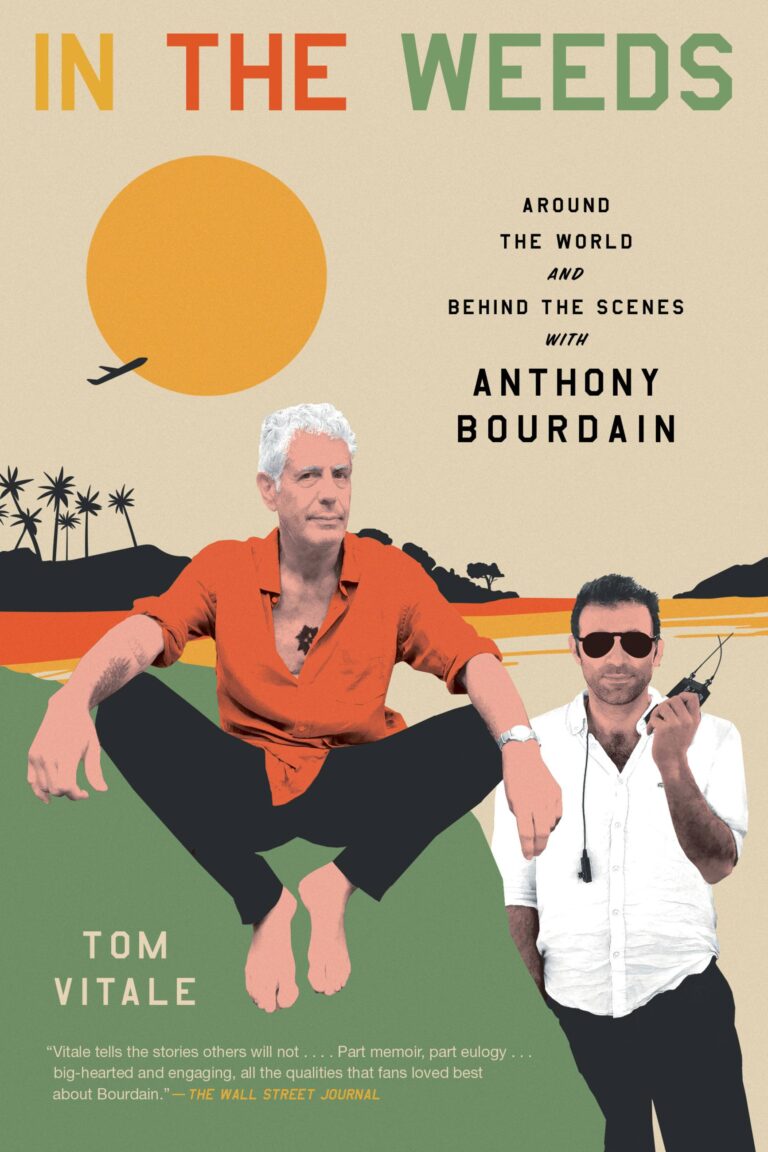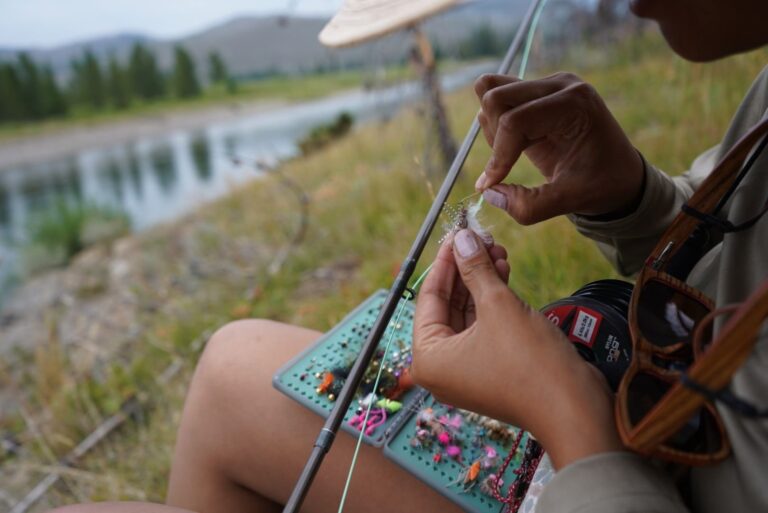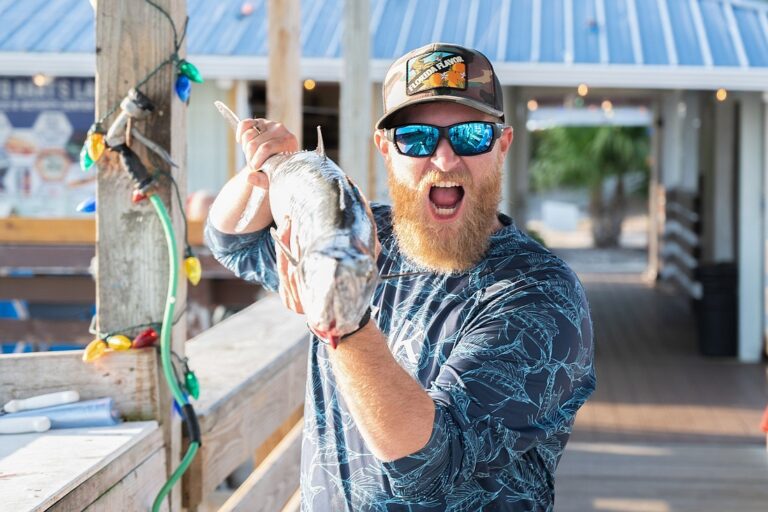Boaters should slow down while passing recreational fishing boats to ensure the safety of both parties on water. This is essential for preventing accidents and maintaining a respectful boating environment.
Speed reduction is necessary to avoid wake disturbance, minimize collisions, and allow fishing boats to maintain their stability and focus on their activities. By adhering to this practice, boaters show consideration towards fellow water enthusiasts and contribute to overall marine safety and enjoyment.
So, next time you encounter a recreational fishing boat, remember to slow down and share the water responsibly.

Credit: tacklescout.co.uk
The Importance Of Slowing Down
Boaters on the water often come across recreational fishing boats along their journey. While it may be tempting to zoom past these boats at full speed, it’s important to understand the risks and potential consequences that come along with it.
In this section, we will explore the importance of slowing down when passing recreational fishing boats and how it can contribute to safety, protect wildlife, and preserve the environment.
The Risks Of Speeding Past Recreational Fishing Boats
- Limited visibility: Speeding past recreational fishing boats can create hazardous situations due to limited visibility. The wake and spray kicked up at high speeds can obstruct the view of the fishermen on board, increasing the risk of accidents.
- Collision hazards: High speeds combined with limited visibility can lead to collisions with recreational fishing boats. These boats may unexpectedly change their course or direction while navigating through the waters, and by slowing down, boaters can better react to such maneuvers and avoid accidents.
- Safety concerns: The safety of both boaters and fishermen should always be a top priority. By recognizing the risks of speeding past recreational fishing boats, boaters can contribute to creating a safer and more enjoyable environment for everyone on the water.
Understanding The Impact Of Boating Speed On Safety
- Reduced maneuverability: Boating at high speeds reduces a vessel’s maneuverability, making it more difficult to respond to unexpected situations on the water. Slowing down when passing recreational fishing boats allows for better control and maneuvering capabilities.
- Minimizing wake effects: The wake created by boats traveling at high speeds can have a significant impact on nearby vessels, including recreational fishing boats. By slowing down, boaters can minimize the size and intensity of their wake, reducing the potential damage and disturbance caused to other boats.
- Communication and awareness: Slowing down when passing recreational fishing boats allows for better communication and increases awareness between boaters and fishermen. It provides an opportunity to exchange important information, such as intentions, directions, or any potential hazards, ensuring a safer and coordinated experience on the water.
Protecting Wildlife And The Environment Through Slow Navigation
- Minimizing disruption: Boats traveling at high speeds can cause disturbance and stress to wildlife inhabiting the water and its surrounding areas. By slowing down, boaters can minimize the disturbance to aquatic life, nesting birds, and other wildlife, promoting a healthier and more natural environment.
- Reducing erosion and pollution: High-speed boating can lead to increased erosion and pollution of water bodies. The excessive waves generated by speeding vessels can erode shorelines and disrupt the ecosystem. Slowing down can help reduce erosion and prevent pollutants from spreading, thus preserving the environment for future generations.
Remember, slowing down when passing recreational fishing boats not only contributes to safety but also shows respect for other boaters, wildlife, and the environment. By adopting a responsible approach on the water, boaters can enjoy a more enjoyable and sustainable boating experience.
So, the next time you encounter a recreational fishing boat, it’s a good idea to slow down and navigate with caution. Happy boating!
Best Practices For Slowing Down
Boaters who are passing recreational fishing boats need to exercise caution and slow down for various reasons. Not only does it promote safety on the water, but it also shows respect for fellow boaters. In this section, we will discuss the best practices for slowing down when passing recreational fishing boats.
Proper Distance And Approach
When approaching a recreational fishing boat, it is crucial to maintain a proper distance and approach. Consider the following key points:
- Keep a safe distance to avoid any potential collisions or accidents.
- Slow down well in advance, giving the fishing boat enough time to notice your approach.
- Maintain a steady speed while passing to minimize any wake or turbulence caused by your boat.
- Ensure that you are positioned at a reasonable distance to avoid startling the fishing boat occupants.
Signaling Intentions And Communicating With Hand Gestures
Clear communication is essential when passing recreational fishing boats. Follow these best practices:
- Use appropriate hand gestures to signal your intentions. For example, a simple wave can indicate that you are planning to pass.
- Make eye contact with the fishing boat occupants to ensure they have noticed your signals and understood your intentions.
- Always be mindful of your speed and direction while using hand gestures to avoid any confusion.
Adjusting Speed In Different Water Conditions
Different water conditions may require adjustments in speed. Consider the following:
- In calm waters, reduce your speed gradually to avoid creating excessive wake or surge.
- If you notice rough water or strong currents, slow down even further to maintain stability and control.
- Be cautious of any obstacles or floating debris and adjust your speed accordingly to ensure the safety of both your boat and the fishing boat.
Remember, slowing down while passing recreational fishing boats promotes safety and demonstrates good boating etiquette. By adhering to these best practices, you can ensure a smooth and respectful experience on the water.
Educating Boaters For A Responsible Boating Environment
Raising Awareness Of The Importance Of Slowing Down
Slowing down while passing recreational fishing boats is crucial for promoting a responsible boating environment. Here are some key points to consider:
- Protecting human safety: Slowing down when passing fishing boats reduces the chances of accidents and collisions, ensuring the safety of everyone involved. It allows both boaters and fishermen to navigate the waters without the risk of sudden collisions or dangerous wake disturbances.
- Preserving fishing equipment: By reducing your speed, you minimize the potential damage caused by large wakes. High-speed boat traffic can create significant waves that can capsize or damage fragile fishing gear, leading to costly repairs and frustration for anglers. Slowing down helps preserve their equipment and ensures a better fishing experience for all.
- Respecting anglers’ space: Recreational fishermen often spend hours patiently waiting for a catch. High-speed boat traffic can disrupt the tranquility and concentration needed for successful fishing. By decreasing your speed, you show respect for their space, allowing them to enjoy their pastime undisturbed.
Promoting Safety And Respect Within The Boating Community
It is essential to promote safety and respect within the boating community. Consider the following points:
- Encouraging good sportsmanship: Slowly passing recreational fishing boats demonstrates good sportsmanship. It shows that you value the fishing experience and the joy it brings to others. This spirit of camaraderie fosters a positive environment and encourages fellow boaters to do the same.
- Minimizing environmental impact: High-speed boats can create additional noise, disturb wildlife, and harm fragile ecosystems near fishing areas. By slowing down, you help minimize your impact, allowing fish and other wildlife to go about their natural activities undisturbed.
- Maintaining community relationships: Building good relationships with the fishing community helps create a harmonious boating environment. When you respect their space and prioritize safety, you contribute to the overall well-being of the boating community. These relationships can foster a sense of unity among boaters and fishermen and result in shared knowledge and mutual respect.
Encouraging Compliance Through Regulations And Enforcement
To ensure boaters slow down when passing recreational fishing boats, regulations and enforcement play a significant role. Consider the following points:
- Boating regulations: Many regions have specific rules and regulations that dictate speed limits near recreational fishing areas. Familiarize yourself with these regulations to ensure compliance. Adhering to these rules not only promotes safety but also avoids potential legal consequences.
- Increased patrols and enforcement: Authorities responsible for waterway safety can help enforce boating regulations by increasing patrols. Active monitoring and enforcement of speed limits can deter boaters from excessive speed and reckless behavior, promoting a safer environment for all water enthusiasts.
- Educating boaters: Raising awareness about the importance of slowing down through educational campaigns can be another effective means of encouraging compliance. Providing boaters with information about the risks associated with high-speed passing and the benefits of responsible boating practices can lead to greater understanding and adherence to regulations.
By focusing on raising awareness, promoting safety and respect, and encouraging compliance, we can cultivate a responsible boating environment where recreational fishing boats and other boaters can coexist harmoniously. Remember, slowing down is not just a matter of courtesy; it’s a crucial step towards ensuring a safe, enjoyable experience for everyone on the water.
Conclusion
Slowing down while passing recreational fishing boats is a crucial practice that every boater should adhere to. Not only does it ensure the safety of both the fishermen and the boaters, but it also demonstrates respect for the fishing community and the environment.
By reducing your speed, you minimize the risk of wakes damaging fishing equipment or causing the boat to rock violently. This, in turn, helps maintain a tranquil and pleasant experience for everyone involved. Slowing down also allows you to observe the fishing activities without interfering or causing disruption.
Moreover, it shows consideration for the impact of your wake on nearby wildlife and their habitats. By adopting this responsible behavior, we can foster a harmonious relationship between boaters and recreational fishermen, ensuring that both can enjoy their respective activities on the water.





